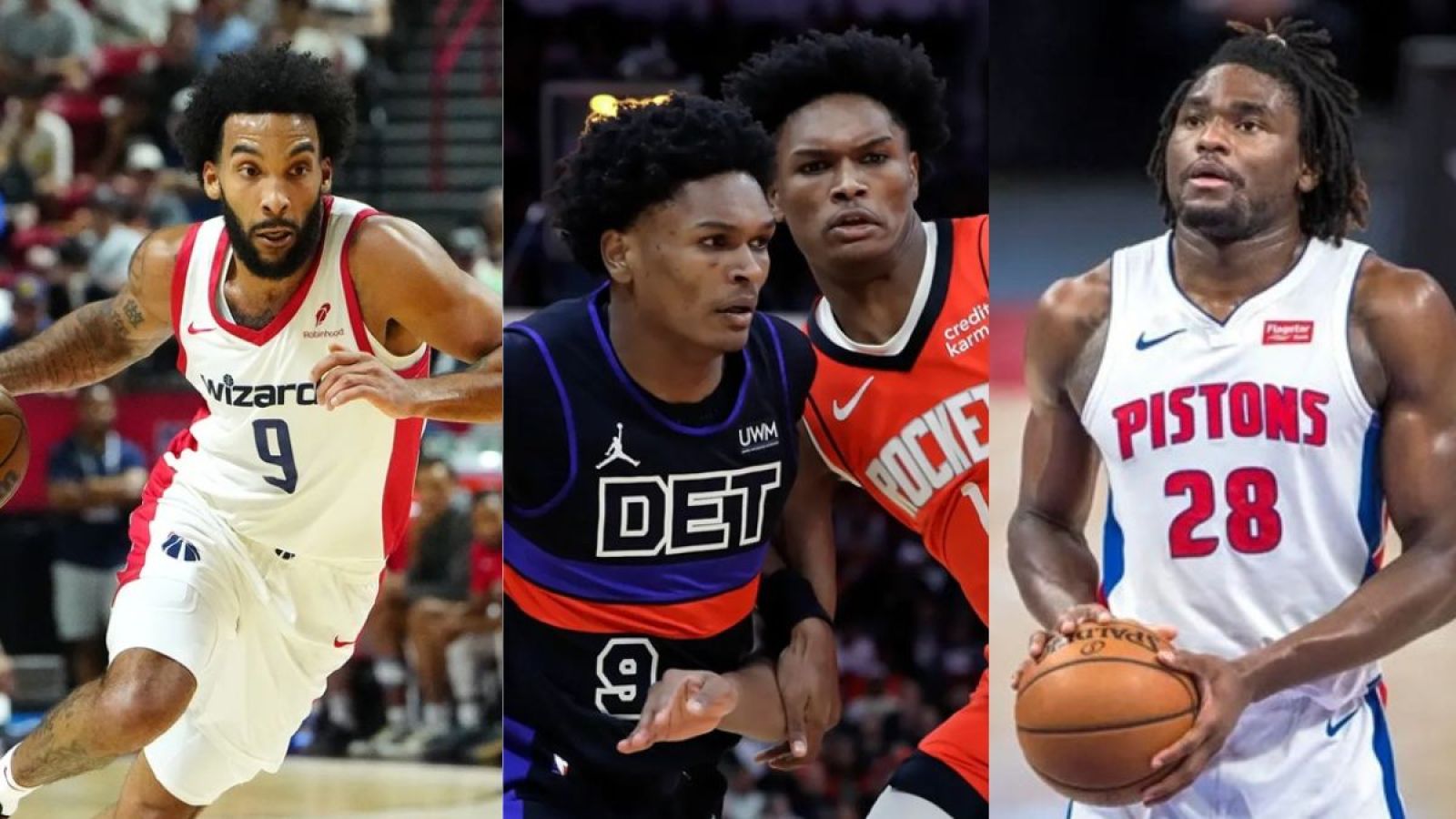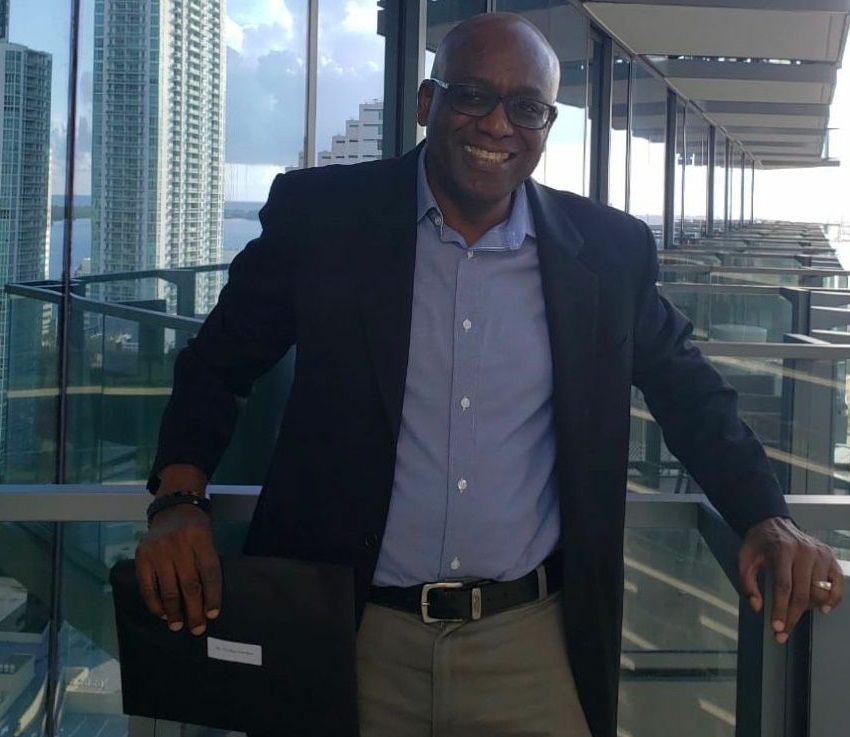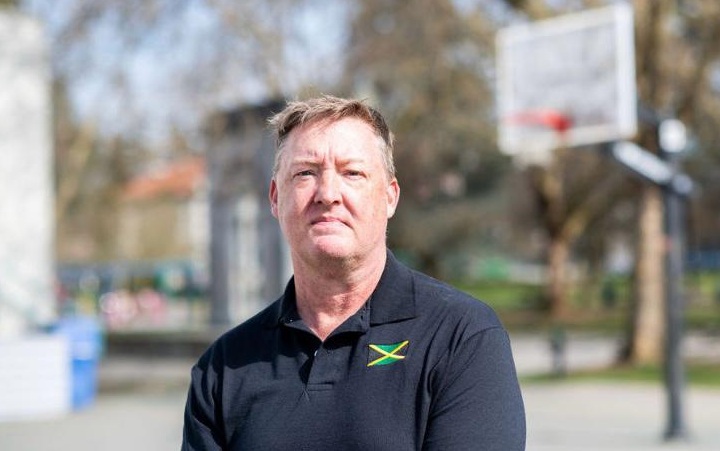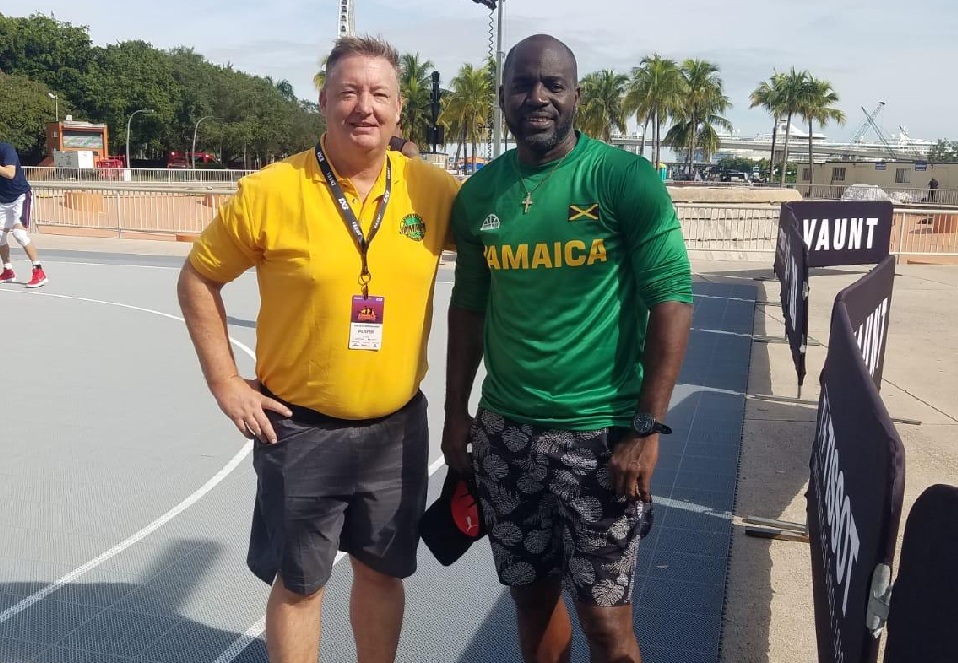
Tags: Amen Thompson, Jamaica Basketball Association, Justin Champagnie, Paulton Gordon, FIBA World Cup 2027, America Pre-Qualifiers, Rick Turner
Jamaica’s national basketball program is ramping up preparations for the FIBA World Cup 2027, with the first hurdle being the Americas Pre-Qualifiers set for August 2025. The tournament will feature Jamaica alongside Costa Rica, Chile, Ecuador, Mexico, Paraguay, and the US Virgin Islands, as they compete for advancement to the next qualification stage.
Jamaica Basketball Association President Paulton Gordon has emphasized the importance of this campaign, not only for World Cup qualification but also as a step towards potential Olympic participation in 2028. “This pre-qualifier is essentially the first stage of getting there. The top two teams from each group will advance to the next round in November, where they will join teams like the USA, Canada, the Dominican Republic, and Puerto Rico,” Gordon explained.

Paulton Gordon
One of the biggest challenges in assembling a competitive squad has been player eligibility. The coaching staff, led by Head Coach Rick Turner, has been working diligently to recruit top-tier talent, particularly from the NBA, as well as Division One and European-based players with Jamaican ties. “We’ve identified five NBA players who can compete without any FIBA eligibility issues,” Turner revealed. “Additionally, there are 10 to 12 others with Jamaican heritage who could potentially play for us in the future.”
Among the top targets for Jamaica’s squad are NBA players Norman Powell (LA Clippers), Nick Richards (Phoenix Suns), Justin Champagnie (Washington Wizards), and Julian Champagnie (San Antonio Spurs). Other players being pursued include Josh Minott (Minnesota Timberwolves), Isaiah Stewart (Detroit Pistons), and the Thompson twins—Amen (Houston Rockets) and Ausar (Detroit Pistons). These players have expressed interest in representing Jamaica, but some face obstacles in securing eligibility under FIBA regulations.
A major hurdle is FIBA’s requirement that players must have obtained their passports before the age of 16 to be eligible to represent a national team. While many of the targeted players meet this requirement, others, such as Norman Powell, acquired their Jamaican passports later and will require a special appeal. “We are working with FIBA’s legal team to navigate this process, ensuring that as many of our key players as possible can represent Jamaica,” Gordon stated.
In addition to eligibility concerns, logistics and financial constraints present challenges. “We are reaching out to the Ministry of Sports and the Jamaica Olympic Association, which is keen on getting more sports to the Olympics,” Gordon noted. “We’re also engaging private companies, particularly hotels, to assist with accommodations for high-level players.”
The Cedella Marley Foundation has also stepped in as a key partner to help raise funds and support the campaign.
Coach Turner, who was appointed as National Coordinator and Head Coach of the men’s basketball program in January 2019, brings over 30 years of coaching experience, having started his coaching career at just 19 years old.

Rick Turner
He spent nine seasons working with the Seattle SuperSonics, where he assisted Director of Scouting Gary Wortman and later worked with head coaches Bernie Bickerstaff and George Karl. Turner then transitioned into full-time coaching, serving as an assistant at Bellevue College before taking over as head coach. Under his leadership, the Helmsmen made three consecutive NWAACC tournament appearances, including a final four finish, and Turner was honoured as Coach of the Year.
His extensive experience at both the professional and collegiate levels has been instrumental in shaping Jamaica’s strategic approach as they prepare for the FIBA World Cup qualifiers. Turner’s ability to scout and develop talent will be critical as the team finalizes its roster and gears up for high-level international competition.
To facilitate team selection, the coaching staff plans to hold two training camps—one in Jamaica for local talent and another for overseas-based players. “We’re deciding whether to hold a combined camp or separate ones for ease of travel,” Turner said. The camps are expected to take place in June, followed by a final training camp in July to narrow the squad down to 18 players before selecting the final roster for August.

Jamaica faces strong opposition in this tournament, but Turner remains optimistic. “This is one of the deepest and most committed groups we’ve had in a long time. If we get the right buy-in and our key players are available, we can be very competitive.”
Beyond the immediate tournament, qualifying for the next stage would be a game-changer for Jamaican basketball. “The next phase involves home-and-home series, which would allow us to bring high-level basketball to Jamaica,” Turner noted. “It’s an opportunity for our fans to show up, be loud, and get behind Jamaica basketball in a way they haven’t been able to before.”
As preparations intensify, Gordon and Turner are focused on finalizing player invites, securing funding, and ensuring all logistical aspects are in place. With the right mix of talent, strategy, and execution, Jamaica is poised to make a strong push in the FIBA World Cup qualification campaign.
